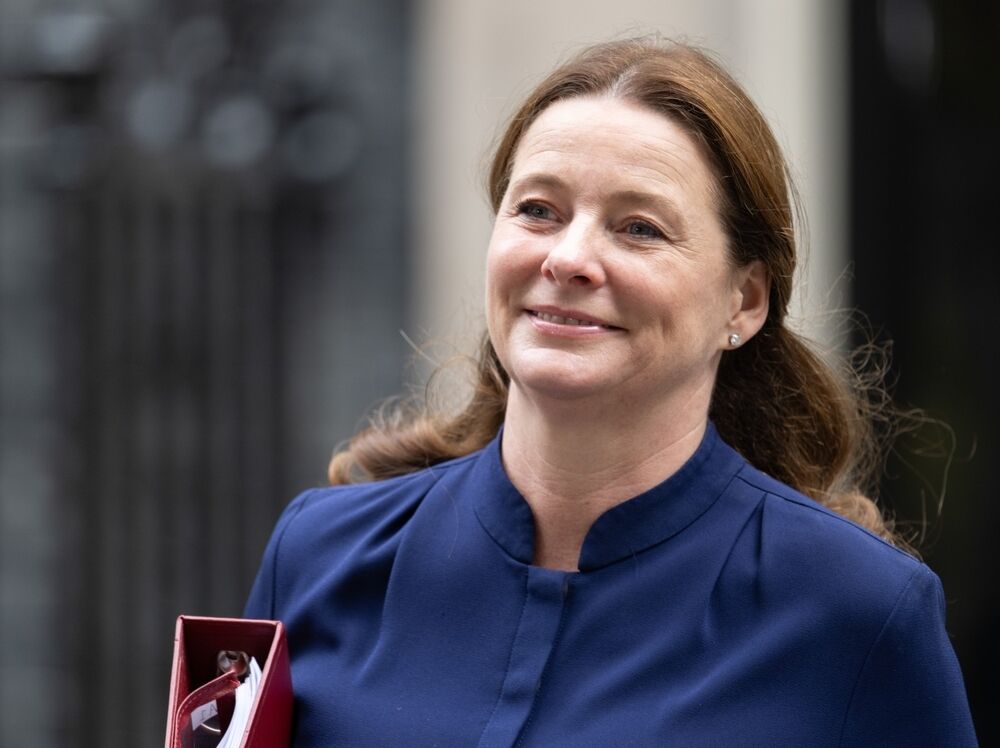Transgender
Politicians change their stance on transgender issues

Gillian Keegan, the UK's Education Secretary, has revised her stance on transgender issues, stating that she no longer supports the expression "trans women are women".
This change follows her engagement with experts, which led her to believe that the phrase could be contributing to the erasure of women's rights.
Keegan, who had previously supported transgender rights inclusively, expressed that her understanding of gender complexities had deepened, prompting a change in how best to articulate these views.
“Since becoming an MP and later a minister I have learnt a huge amount more about this complex and challenging subject,” she says.
“At the time of writing that response, I didn’t have any direct experience of this topic and took advice on how best to respond, given the complexities surrounding individual cases. Having now spoken to experts and professionals, like many, my understanding has evolved.
“I have since been crystal clear about my concerns that women are being erased in this debate, and have always been clear that women do not have, nor have ever had, a penis.”
Her comments have been welcomed by women’s rights group Sex Matters. Chief Executive Maya Forstarter says, “This change in position by Gillian Keegan is a welcome development and sets an example for other politicians to start using clear, serious language rather than trans activist slogans.
“For several years, trans activist lobby groups pushed the use of phrases such as ‘trans women are women’ as a tactic to silence debate and fair questions about how gender self-identification clashes with women’s rights.
“Many didn’t recognise the dangers of these slogans early on, including politicians who doubtless thought they were simply supporting a good cause.
“It takes guts to publicly change your mind. Women’s rights and the safeguarding of children are serious issues that need to be addressed with clear and accurate language.”
Similarly, Wes Streeting, the shadow health secretary, has also stepped back from his earlier views.
Having once worked with the LGBT rights group Stonewall, Streeting acknowledged the complexities involved in transgender issues, particularly following the Cass review.
This report highlighted concerns about NHS gender care, including the use of puberty blockers for children, suggesting that such treatments rest on weak scientific foundations.
Both politicians emphasise the importance of clear and respectful discourse on gender issues, recognising the need to balance the rights and dignities of all individuals involved.
Keegan's revised statements align with new guidelines for schools, advocating cautious approaches to gender identity changes among pupils.
Meanwhile, Streeting advocates for evidence-based healthcare for children, free from the influence of prevailing cultural debates.
These developments reflect a broader reassessment among UK politicians regarding their approach to transgender rights and the language used to discuss them, signifying a potentially significant shift in public policy discourse.
Share
